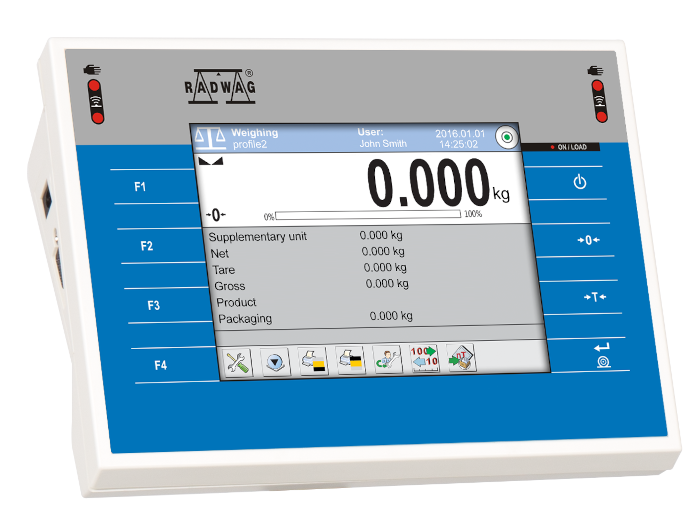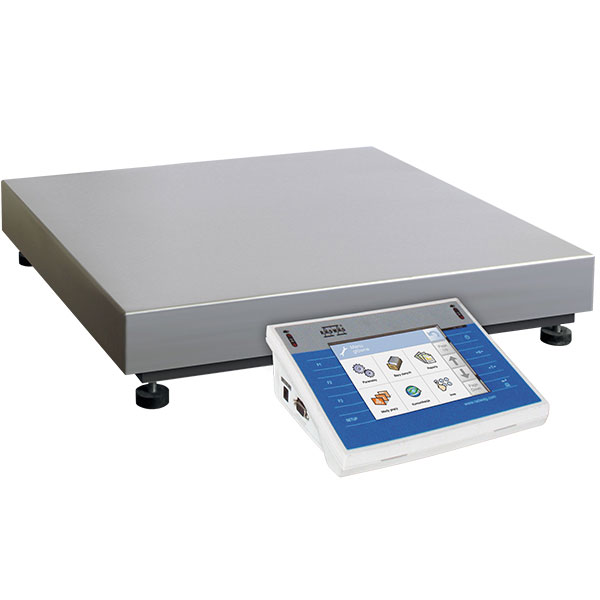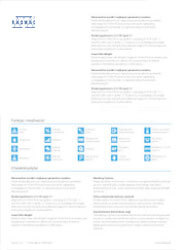Scale WPY for statistic control

Control cycle runs according to the following scheme:
- operator choice,
- product choice,
- control start,
- acquiring weighing records,
- automatic control end after certain packages number,
- control report print.
Scale coupling with computer program enables:
- keeping weighing records from successive weighments in the database,
- automatic printout of control processes from computer software level,
- sending user defined codes from scale to computer software; the codes match weighed product (product code, operator code, batch quantity, batch no., control Start/Stop),
- defining product codes and their descriptions (names) from the level of computer program, therefore user can assign an individual product name suitable for the company's branch.
We recommend ordering a scale with a proper verification (legalization).








.jpg)






 Albanian
Albanian Danish
Danish Nederlandse
Nederlandse Estonian
Estonian Finnish
Finnish Hungarian
Hungarian Icelandic
Icelandic Kazakh
Kazakh Latvian
Latvian Lithuanian
Lithuanian Macedonian
Macedonian Norwegian
Norwegian Portuguese
Portuguese Romanian
Romanian Russian
Russian Slovak
Slovak Slovenian
Slovenian Swedish
Swedish Ukrainian
Ukrainian Serbian
Serbian Montenegrin
Montenegrin Português (Brasil)
Português (Brasil) Deutsch
Deutsch Español
Español Français
Français Italiano
Italiano Japanese (日本語)
Japanese (日本語) Polski
Polski Türkiye
Türkiye Česky
Česky 中文
中文




















